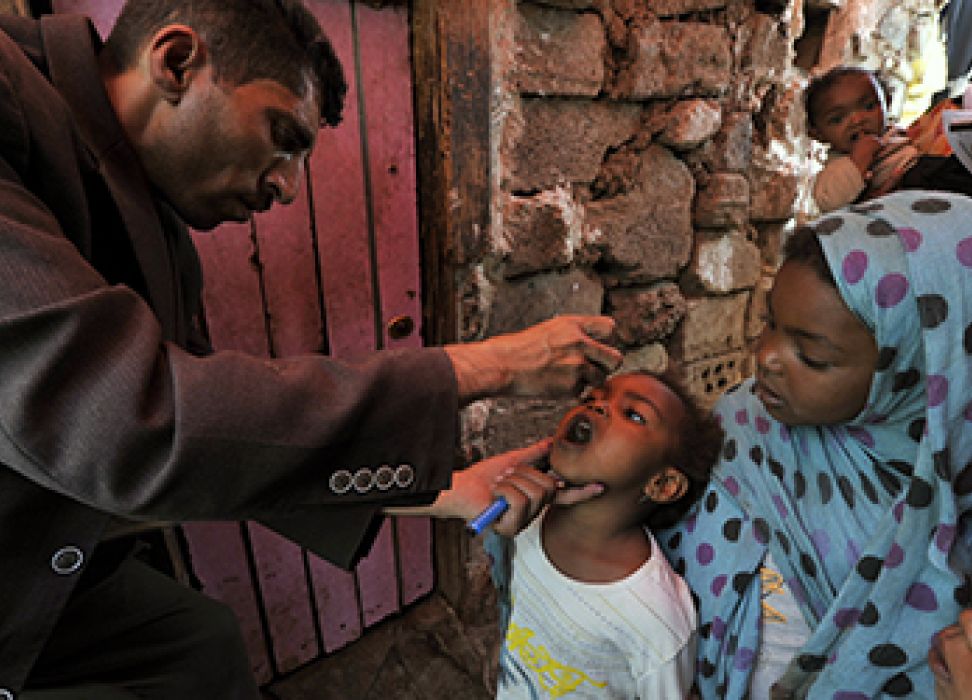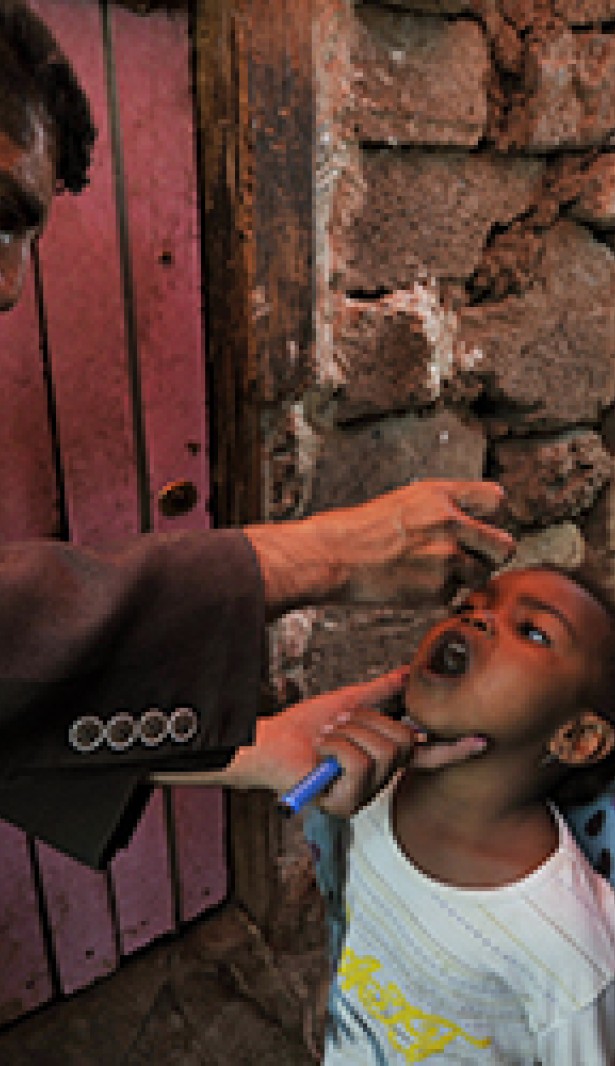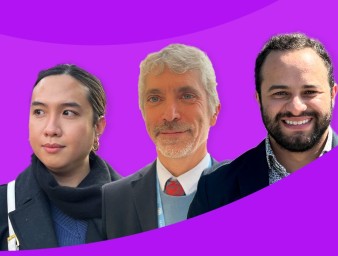Access to essential medicines is a fundamental element of the right to health
24 March 2017

Health is a fundamental human right and coupled with this is access to affordable medicines and care. Yet for millions globally, this remains out of reach through a combination of policy deficits and entrenched bad practices, said UN Deputy High Commissioner for Human Rights Kate Gilmore.
“Perhaps the biggest obstacle to fulfilling the obligation to ensure access to medicines for all is political will,” she said. “But it’s more than the political, formal will of the State – it is also a question of health economics, the ethics of the pharmaceutical industry, a responsibility of health care providers and health professional and their schools.”
Gilmore made her comments during a panel discussion on good practices and key challenges relevant to access to medicines which took place during the 34th session of the Human Rights Council in Geneva. Panellists looked at the various ways in which international bodies that deal with health, innovation and intellectual property rights could improve access to medicine.
In 2015, then UN Secretary-General Ban Ki-Moon established a High Level Panel on Access to Medicines to “review and assess proposals and recommend solutions for remedying the policy incoherence between the justifiable rights of inventors, international human rights law, trade rules and public health in the context of health technologies.”
Michael Kirby, former Justice of the High Court of Australia and Member of the Secretary-General’s High-Level Panel on Access to Medicines, said the voices of those left behind, whose access to essential medicines has been prevented, point to a bleak prospect. During its public hearings, the Secretary-General’s High Level Panel heard from many of those left behind, forced to beg for charity for supplies of patented drugs that would save lives, but being denied those drugs.
“It is necessary to say bluntly that unless the world, the UN and this Council act now, there is no way that we will reach Sustainable Development Goal 3 (on good health and well-being) by 2030. Millions will be left behind. Millions will die,” he said.
Speakers mentioned some of the steps taken to try to improve access to essential medicines at the organizational level. Dr Marie-Paul Kieny of the World Health Organization (WHO) pointed toward WHO programmes including the pre-qualification programme which provides access to generic medicines and vaccines of assured quality, and a web platform that provides information on vaccine products, price and procurement data with the goal of increasing price transparency.
Thomas Bombelles, Head of Global Health at the Global Issues Sector at the World Intellectual Property Organization (WIPO) mentioned a number of areas that focused on innovation and access in global health. These included the Global Challenges Division, which commissions empirically-based studies and organizes public events on relevant issues, and patent landscape reports prepared on behalf of Member States on particular medicines (such as HIV/AIDS medicines).
Additionally, James Zahn, Director of the Division on Investment and Enterprise with the United Nations Conference on Trade and Development (UNCTAD) drew attention to the importance of building capacity to produce essential medicines in low-income countries.
The key outcome of the Secretary-General’s High-Level Panel’s work was its report, submitted to the Secretary-General in September 2016. The report made recommendations in several areas pertinent to access to medicines, including publicly funded research, new incentives for research and development and governance, accountability and transparency.
24 March 2017




